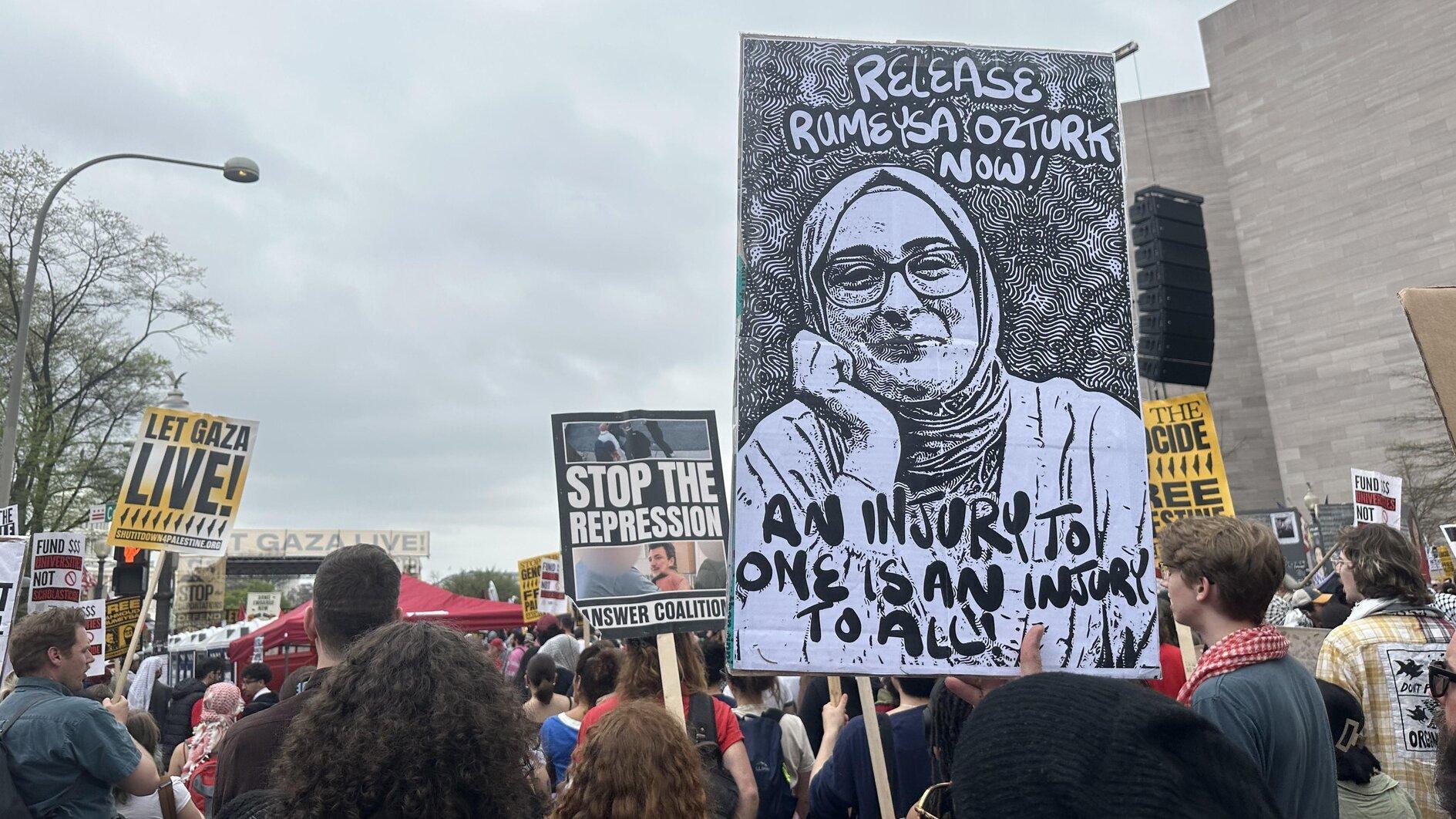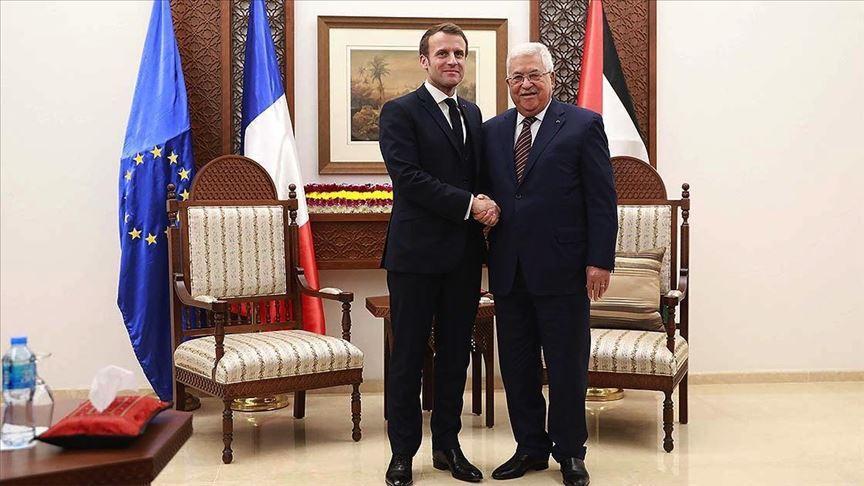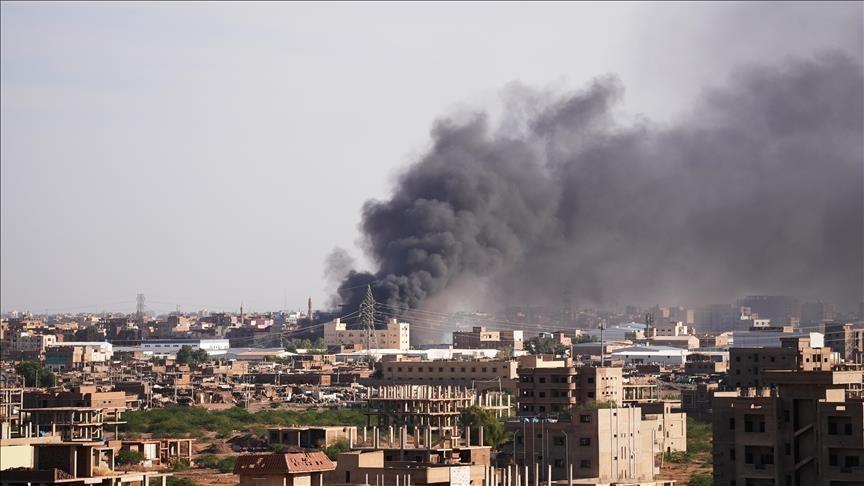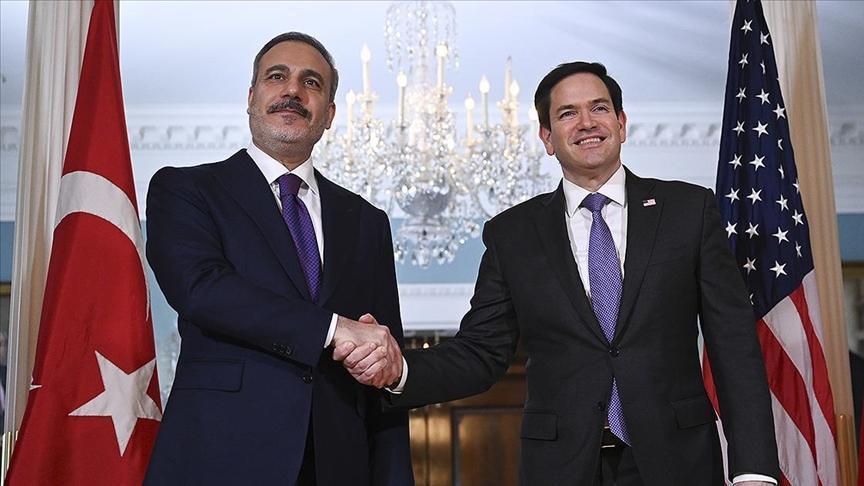How did the AKP win such a major comeback?
A few weeks before the elections of last Sunday, Nov. 1, I had written a piece in this column titled, “What to expect in the upcoming elections.” My answer to the question was “some increase in AKP [Justice and Development Party] votes… perhaps something around 2-3 percent.” Well, I proved to be somewhat wrong. There was indeed a surge in the votes of the ruling AKP, but much more than what I expected: an impressive 9 percent of the votes. As a result, the AKP safely secured the parliament majority it lost five months ago, in the elections of June 7. It also secured four more years, at least, to govern single handedly.
This was, of course, a victory for the AKP, but even more so for its ultimate leader, President Tayyip Erdoğan. It was he who insisted on having snap elections after the setback in June, and it was he who discouraged a coalition with opposition parties, which would rule out snap elections. No wonder the pro-Erdogan media (which is the core of the pro-AKP media, but is not exactly identical to it) makes a great emphasis that this is “Erdogan’s victory” – not that of anybody else, such as Prime Minister Ahmet Davutoğlu. The result is the strengthening of the cult of personality built around the president over the years.
But what was the secret of this major victory? How did the AKP pull of millions of additional votes in just five months? Lots of commenters in the Turkish opposition and Western media find the answer in an imagined Erdoğan conspiracy: That the president and his men intentionally created terror inside Turkey to scare the voters and make them seek “stability.”
My answer is less conspiratorial. Yes, the upsurge of terrorism in the past five months, both by the outlawed Kurdistan Workers’ Party (PKK) and the Islamic State of Iraq and the Levant (ISIL), did help the AKP a lot.
But these organizations are controlled by their own zealotry, rather than the palace of the president. If the PKK were a saner group, it would not have declared an “end to the ceasefire” in June, just a month after the election of the pro-Kurdish Peoples’ Democratic Party (HDP), despite the president’s latter-day loss of interest in the “peace process.” Last Sunday, the HDP lost about a million votes from Kurds who voted for it in June and nobody is more responsible for this than the PKK. The PKK was either too fanatic to see this result coming or it intentionally discredited the HDP, fearing that the “civilian side” of the Kurdish political movement may sideline its armed presence.
Meanwhile, ISIL carried out suicide attacks in Turkey, including the Ankara bombing, the worst act of terror in Republican history that killed more than 130 people. The ISIL militants who carried out these horrors, too, were acting on behalf of their own zeal: They were merely targeting the extensions of the “infidel Kurds” that they are fighting in northern Syria.
The government did not orchestrate this chaos, but it did extract some helpful propaganda out of it. Depicting the Ankara bombing as “cocktail terrorism,” for which not just ISIL but also the PKK were responsible, was one such manipulation. As a result, millions were convinced that Turkey is under attack from a coalition of united demons, and the best way out is a “strong government.”
Finally, the biggest help to the AKP came from Devlet Bahçeli, the leader of the Nationalist Movement Party (MHP), who lost two million votes to the AKP last Sunday. His incredibly dull and static political stance after June 7 disillusioned many MHP voters, some of which opted for the AKP. For the AKP is not only shrewd. It also has the blessing of highly incompetent rivals.











